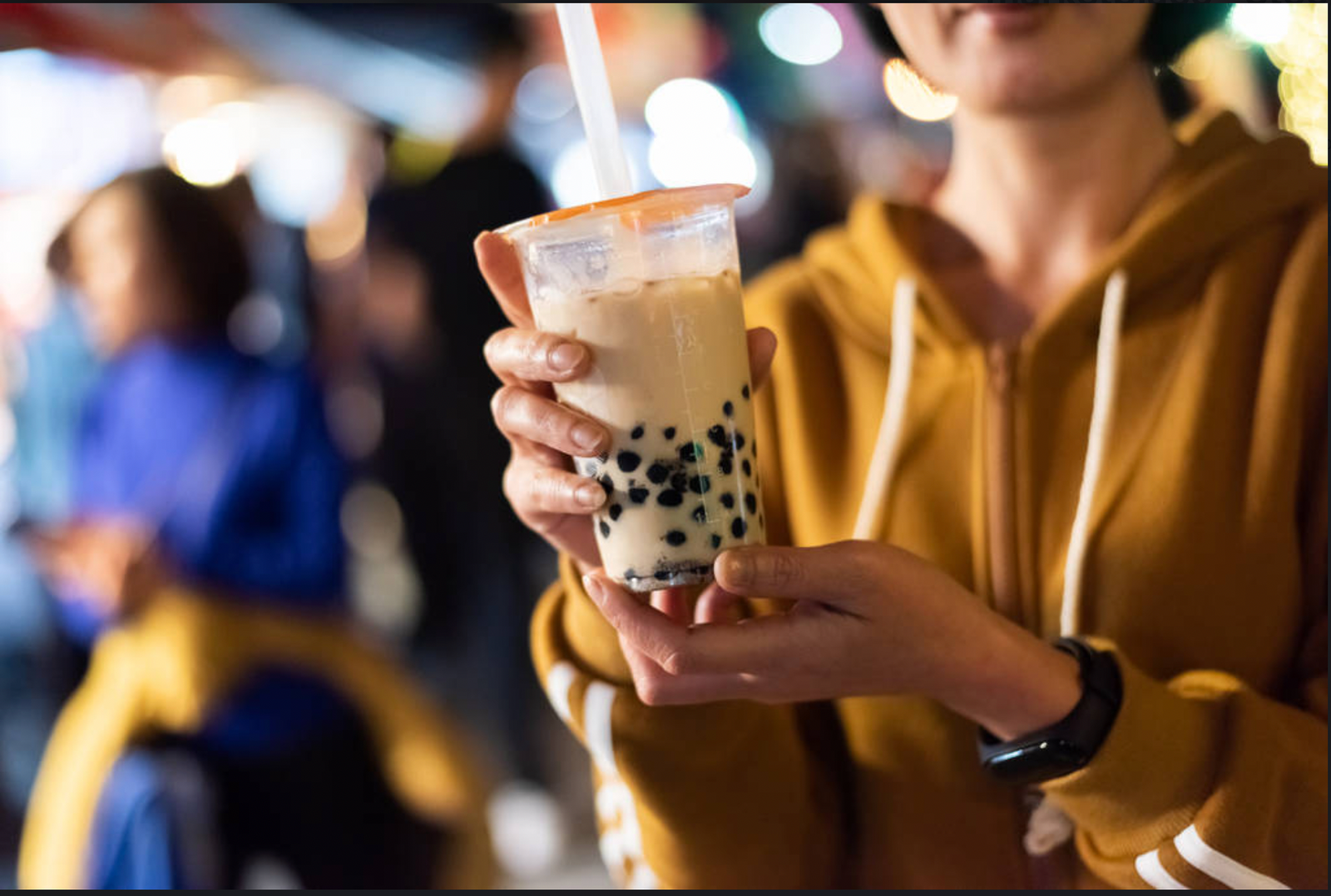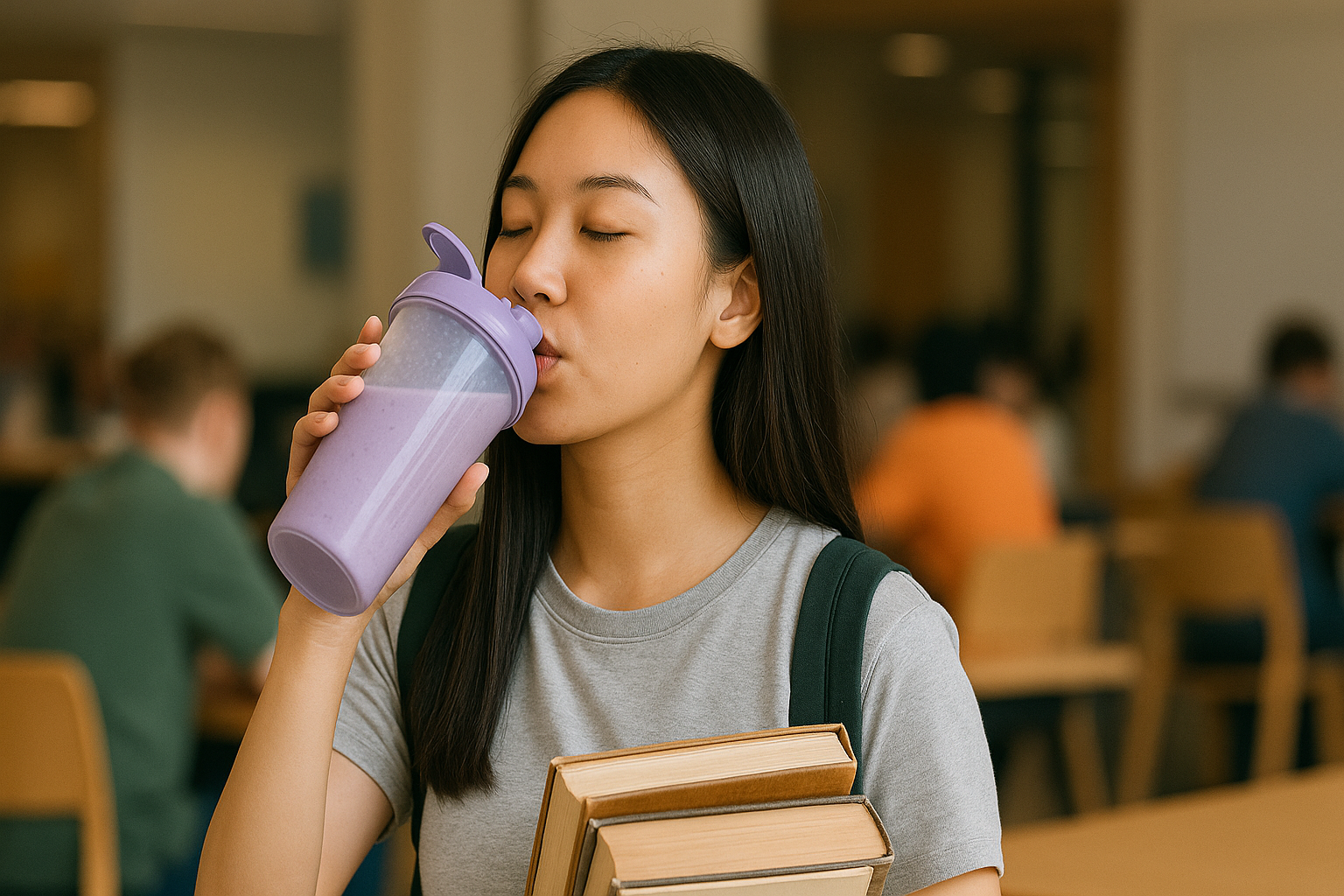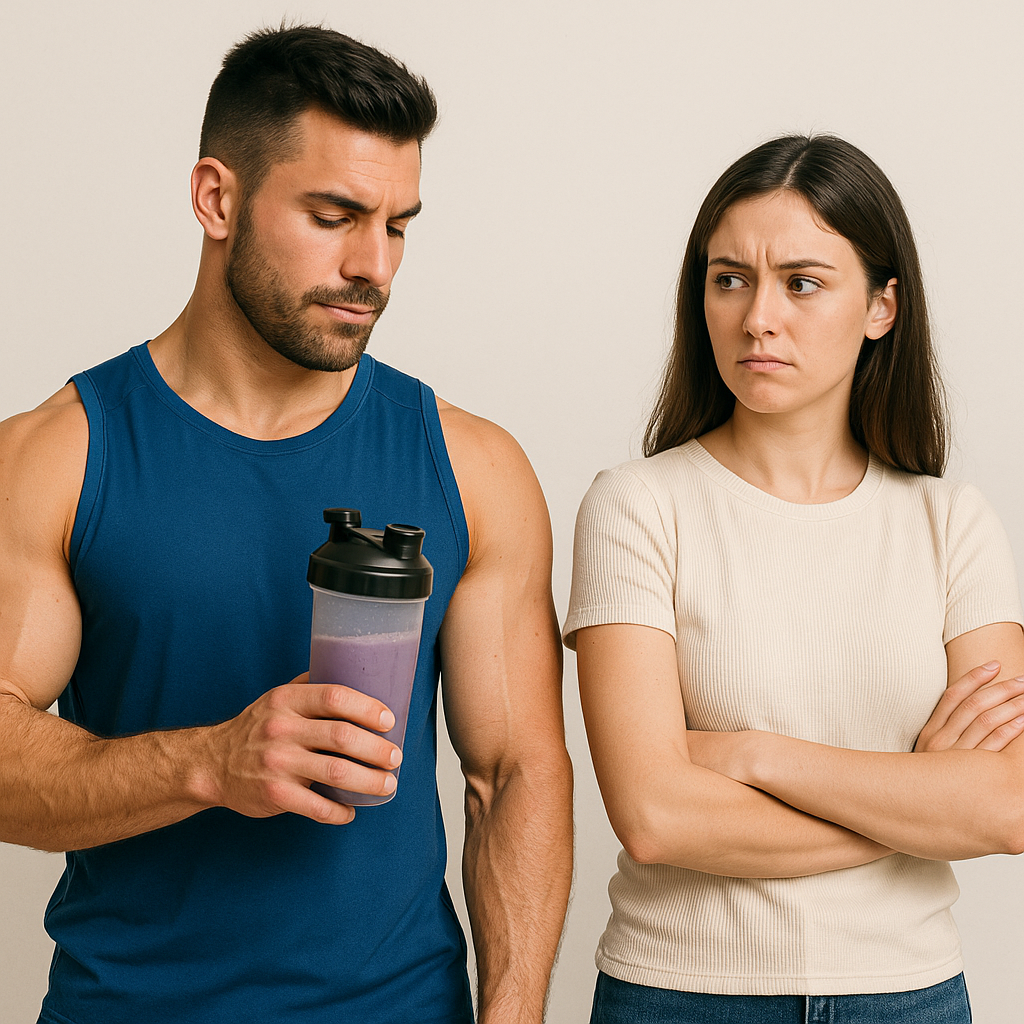Introduction
Boba tea, also known as bubble tea, has gained immense popularity in recent years. Originating from Taiwan, this unique beverage combines tea, milk, and chewy tapioca balls. While boba tea may seem like a fun and trendy drink, it's essential to understand that its frequent consumption may have negative effects on your health especially when purchased from a boba shop. In this article, we will explore the reasons why boba tea can be unhealthy for you and why it's important to consume it in moderation or to choose a healthier alternative.
Table of Contents
- The Sugar Content in Boba Tea
- Excessive Calorie Intake
- Artificial Ingredients and Additives
- Caffeine Overload
- Potential Allergenic Reactions
- Lack of Nutritional Value
- Dental Health Concerns
- Digestive Issues
- Risk of Weight Gain
- High Fructose Corn Syrup
- Negative Impact on Blood Sugar Levels
- Sodium Content
- Healthy Alternatives
- Conclusion
The Good (There aren't many of these, so brace yourself):
1. Green Tea can lower blood pressure
For the most part, Boba tea generally isn't good for you but there's a caveat. If you drink Green Tea Boba Tea, there some studies that suggest it can lower blood pressure
2. Can help you de-stress and unwind
In moderation or as a treat, Boba tea can be ok. It's often a great treat that we can share with friends and drink after a long day. This is why we loved it so much growing up as well
The Bad:
1. The Sugar Content in Boba Tea
Boba tea is notorious for its high sugar content. The sweetness in this beverage mainly comes from the added syrups, flavorings, and sweetened condensed milk. It's not uncommon for a single serving of boba tea to contain an excessive amount of sugar, sometimes reaching up to 50 grams or more. Consuming such high levels of sugar regularly can lead to various health issues, including obesity, diabetes, and tooth decay.
2. Excessive Calorie Intake
In addition to its sugar content, boba tea can also contribute to excessive calorie intake. Many boba tea varieties are made with whole milk or cream, which significantly increases the calorie count. Furthermore, the tapioca balls themselves are often cooked in sugar syrup, further adding to the calorie content of the drink. Regularly consuming high-calorie beverages like boba tea without considering their impact on your overall diet can lead to weight gain and related health problems.
3. Artificial Ingredients and Additives
Commercially prepared boba tea often contains artificial ingredients and additives like sugar, sucralose and other types of dyes. These may include artificial flavorings, food colorings, and preservatives. While these additives enhance the taste, texture, and appearance of the drink, they may have negative effects on your health. Some artificial additives have been linked to allergic reactions, digestive issues, and even long-term health concerns.
4. Caffeine Overload
Boba tea is typically made with tea leaves, which naturally contain caffeine. While moderate caffeine consumption can provide a temporary energy boost, excessive intake can lead to negative side effects. Boba tea often contains larger quantities of tea compared to a standard cup of tea, resulting in a higher caffeine content. This can cause caffeine jitters, increased heart rate, disrupted sleep patterns, and other adverse effects associated with caffeine sensitivity.
5. Potential Allergenic Reactions
Boba tea can be problematic for individuals with specific food allergies or sensitivities. Some common allergens found in boba tea include milk, gluten, soy, and tree nuts. It's important to be aware of the ingredients used in boba tea and choose varieties that are suitable for your dietary needs. Consuming allergens unknowingly can lead to allergic reactions ranging from mild discomfort to severe health complications.
6. Lack of Nutritional Value
Despite its popularity, boba tea offers little to no nutritional value. It is primarily a sugary beverage with minimalprotein, vitamins, or minerals. While it may provide a temporary sense of satisfaction, it does not contribute to a well-balanced and nutritious diet. Choosing healthier beverage options that provide essential nutrients can help support overall health and well-being.
7. Dental Health Concerns
The high sugar content in boba tea poses a significant risk to dental health. Sugar provides fuel for harmful bacteria in the mouth, leading to tooth decay and cavities. Additionally, the chewy tapioca balls can stick to teeth, providing a breeding ground for bacteria and increasing the risk of dental problems. Regular consumption of boba tea without proper oral hygiene practices can have detrimental effects on your teeth and gums.
8. Digestive Issues
For some individuals, boba tea can cause digestive discomfort. The combination of high sugar, dairy, and caffeine can be challenging for the digestive system to process. Some people may experience bloating, gas, or stomach upset after consuming boba tea. If you have a sensitive stomach or are prone to digestive issues, it's advisable to consume boba tea in moderation or explore alternative beverage options.
9. Risk of Weight Gain
Due to its high sugar and calorie content, frequent consumption of boba tea can contribute to weight gain. Liquid calories, such as those found in sugary beverages, are often not as satiating as solid foods. This can lead to overconsumption and an imbalance in energy intake. It's important to be mindful of your overall calorie intake and consider the impact of boba tea on your weight management goals.
10. High Fructose Corn Syrup
Some boba tea recipes or store-bought varieties may contain high fructose corn syrup (HFCS). HFCS is a sweetener that has been linked to various health concerns, including obesity, diabetes, and liver problems. Regular consumption of boba tea with HFCS can contribute to the negative effects associated with this additive. Checking the ingredients list or choosing boba tea options without HFCS can help minimize these risks.
11. Negative Impact on Blood Sugar Levels
The combination of high sugar content and quick absorption of carbohydrates in boba tea can cause rapid spikes in blood sugar levels. This can be especially problematic for individuals with diabetes or those who are pre-diabetic. Consistently consuming boba tea without considering its impact on blood sugar control can worsen glycemic control and increase the risk of long-term health complications.
12. Sodium Content
Boba tea often contains additional ingredients like flavored syrups or canned fruit, which may contribute to its sodium content. Excessive sodium intake can lead to high blood pressure and increase the risk of cardiovascular diseases. It's crucial to be mindful of the sodium content in boba tea and choose options with lower sodium levels or make your own at home using natural ingredients.
13. Healthy Alternatives
Recognizing the health risks associated with boba tea, we have developed Boba Nutrition. Our formula combines whey isolate protein and pea protein while minimizing the number of ingredients for a healthier alternative. Instead of sugar, we use monk fruit and pack our formula with protein while reducing carbs and sugar.

Conclusion
Boba tea, with its sweet and chewy appeal, has captured the hearts of many beverage enthusiasts. However, it's crucial to recognize that frequent consumption of boba tea can have negative effects on your health. The high sugar content, excessive calorie intake, artificial ingredients, and potential allergens make it an unhealthy choice when consumed without moderation. By being mindful of your boba tea consumption, exploring healthier alternatives like Boba Nutrition, and making informed choices, you can still enjoy this trendy beverage while prioritizing your overall well-being.
Check out the options for a healthy alternative to Boba Tea here in our collection





